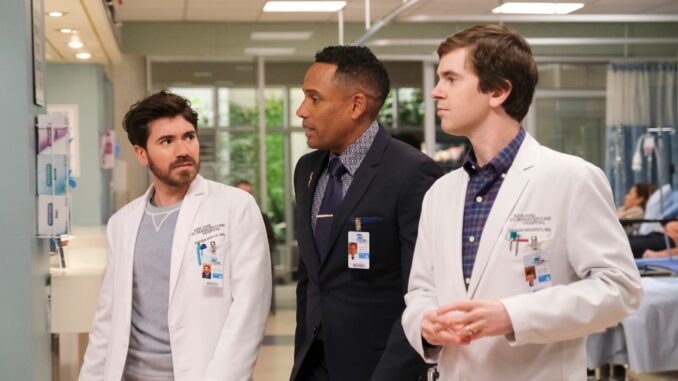
Doctor Who” producer Russell T. Davies marvels at the fact that 25 years ago he was barely blinked at for casting three white heterosexual men as the leads of his groundbreaking series “Queer as Folk.” The premise itself, he reminded me in a recent Zoom conversation, was considered “radical, wild and new.”
Not long after its debut, he recalls being confronted in a Manchester club by a gay actor who demanded to know why Davies didn’t cast him in the show. “And when I said, ‘Well, I don’t know you. I don’t who you are,’ he went, ‘That’s the point.’”
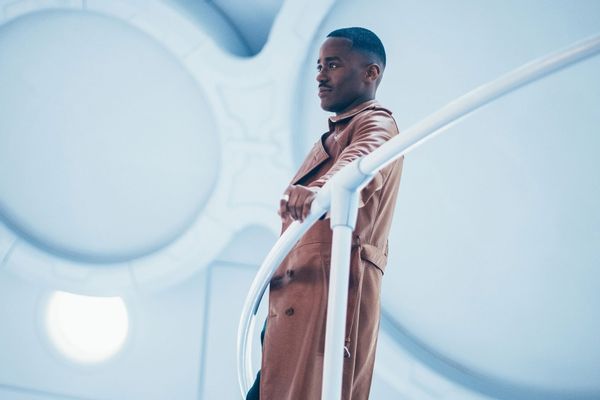
“I’ve never forgotten that lesson, standing there at two in the morning on the dance floor in Manchester,” Davies added. Casting Ncuti Gatwa as the 15th incarnation of The Doctor is proof. But so is the existence of Captain Jack Harkness, one of the best-loved characters in the Whoniverse, who happens to be openly bisexual.
Gatwa’s Doctor is sexually fluid too, dropping a line about sharing a “long, hot summer with Harry Houdini” during his Time Lord’s first Christmas special, which also introduces his first companion Ruby Sunday (Millie Gibson). They bond over being orphans, alone together in the universe but also blessed with accepting, chosen families – hers living throughout the U.K., his flung across time and space.
The trait that draws them together more fiercely is their appreciation of a good time regardless of the danger. Ruby’s taken with the 15th Doctor from the first sight of him giddily spinning on a nightclub’s dancefloor.
Was that an intentional echo from Davies’ past, perhaps answering that man’s question all the years? I’m embarrassed to admit I didn’t think to ask that after he shared that anecdote. What’s certain is that he means it when he said, “I learned from my own stuff, and from talking to people. I do listen.”
Gatwa’s announcement as Fifteen was met with overwhelming elation compared to the balance of celebration and sexist trolling that exploded following Jodie Whittaker’s reveal as the 13th Doctor and the first woman to step into the role. This followed years of Davies’ predecessor Steven Moffat fending off questions about whether he’d take the bold step of breaking the line of white men who have played the role.
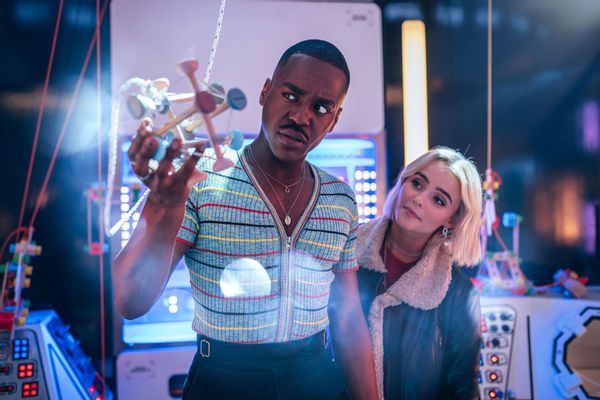
The answer was no; he left that job to Whittaker’s producer on “Broadchurch” Chris Chibnall who had no material experience with the franchise before taking the helm. Moffat worked under Davies through his “Doctor Who” renaissance, which hit its height during David Tennant’s era between 2005 and 2010.
For many, Tennant set the bar for what The Doctor should be, establishing the character as a blend of action man and romantic hero whose love for his companion Rose Tyler (Billie Piper) broke and mended our hearts constantly.
“What do we do except keep on fighting? . . . It’s a tough old battle . . . but I simply will not back down.”
Gatwa’s Doctor, meanwhile, is a swashbuckling being who prioritizes joy above all, which may catch the classic “Doctor Who” fandom off guard. Not so much by the delightfully odd “Space Babies” episode with its on-the-nose title and guest cast that’s still in diapers but the chromatic cheer of the whole thing.
Within the first three episodes starring Gatwa, Davies makes room for two broad song and dance numbers, introduces a supervillain played by “RuPaul’s Drag Race” royalty Jinkx Monsoon, and saturates sets with color. Add in the fact that Ruby’s adoptive family is Black, her mother has a girlfriend, and that the band Ruby plays in is fronted by a trans woman, and this may be the queerest era of the series yet.
But these characters note are just part of the world, not even subtext. Davies’ focus during this second time around with the franchise, and his first working for and with Disney, is to prioritize the Doctor and Ruby’s pursuit of joy across the universe.
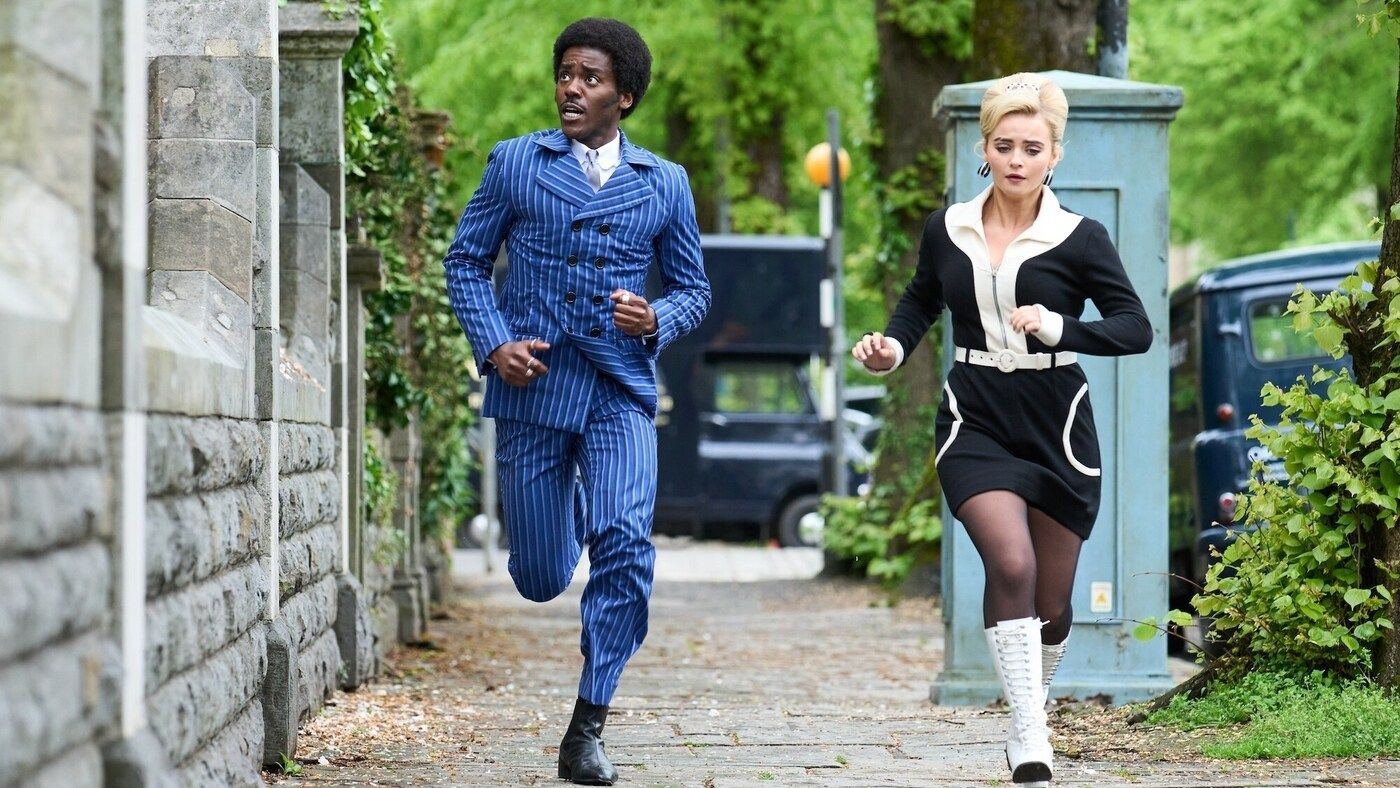
Good thing too, given the easy radiance of Gatwa’s smile and the ebullient spark with which his Time Lord moves through the universe. His predecessors had joie de vivre, especially Tennant and his successor Matt Smith, but Gatwa’s Doctor can find the fun in anything, including the snot trail left behind by a particularly grotesque monster.
“It’s a lot of work, joy. It’s very hard to achieve on screen,” Davies said. “Anyone can cry in the rain. Sadness is comparatively easy: thunder, it rains, cry, that’s all done. I believe in reaching and pushing for the greatest emotions that you can possibly get. Pushing towards joy . . . am I alone in that? I don’t think so, but there’s not many doing that.”
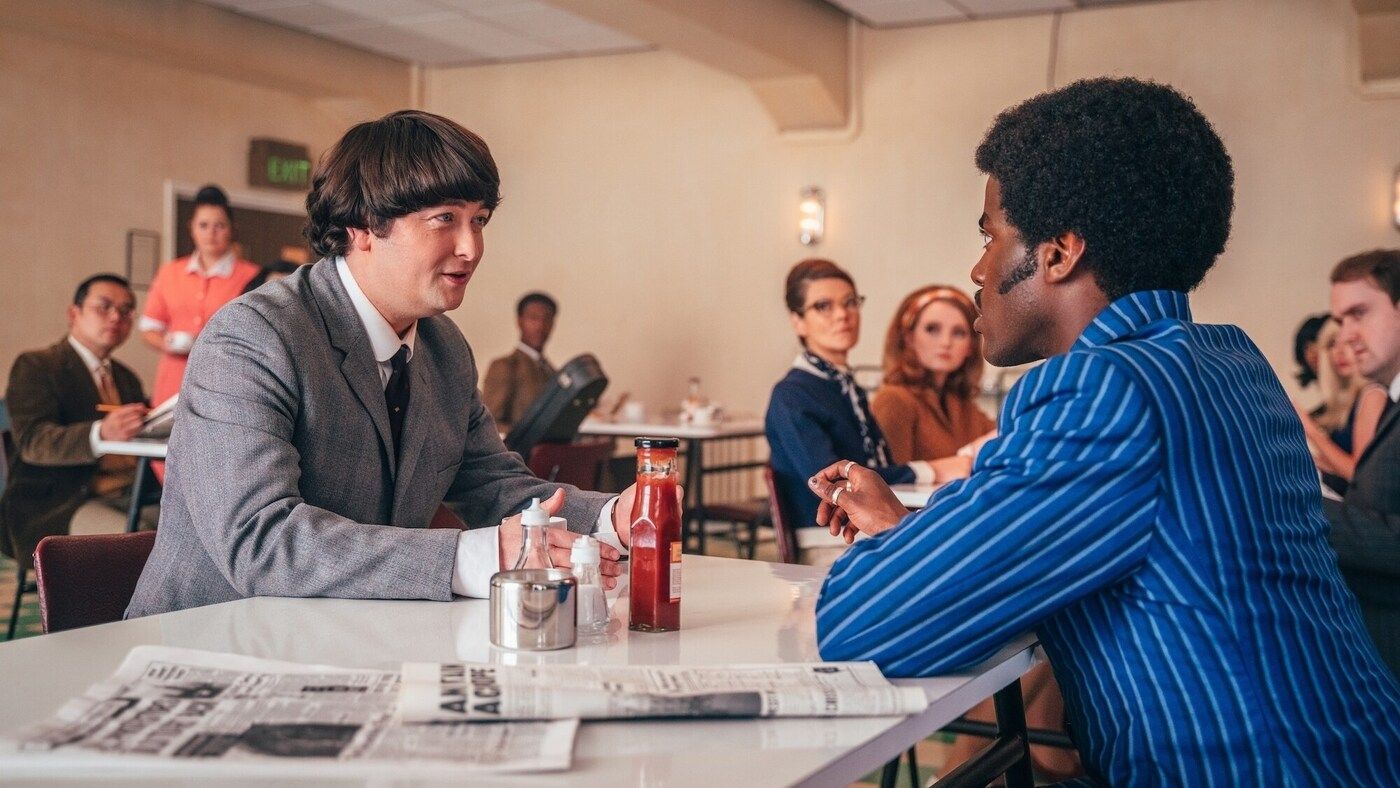
Especially in sci-fi and fantasy. Speculative TV and film plots in the modern age are ruled by dystopian themes or drumbeat buildup toward massive battles between dueling powers – maybe good versus evil, but usually competing forces representing a bit of both.
